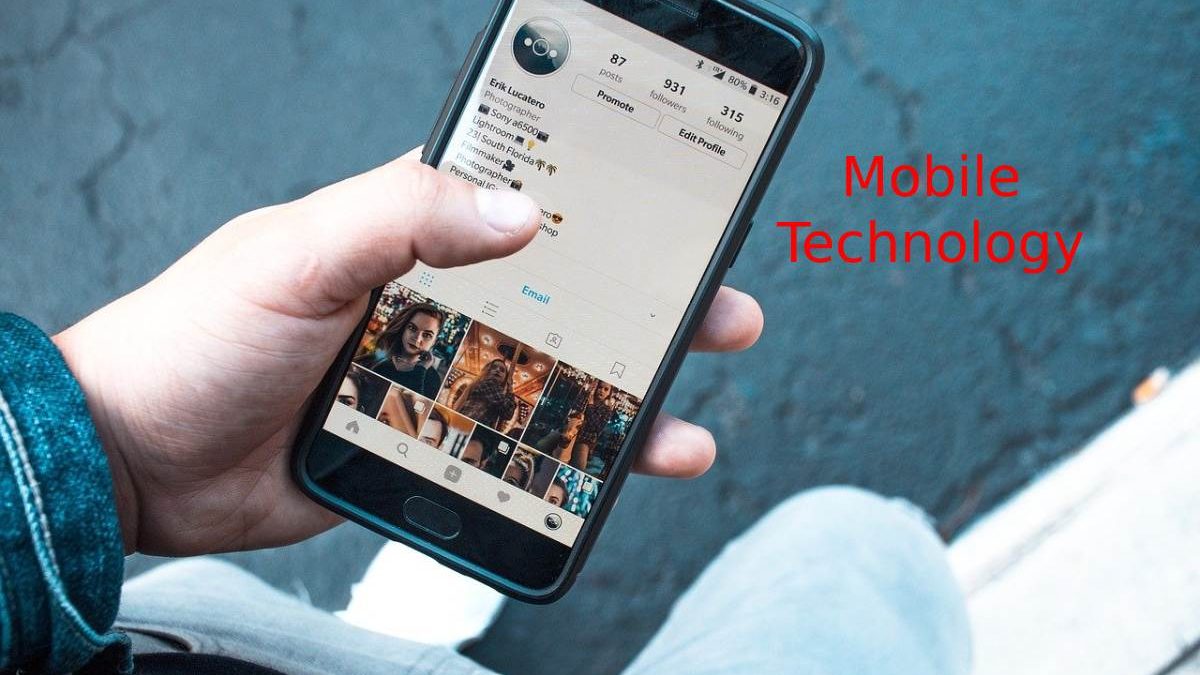Официальный сайт Казино Х сочетает удобный интерфейс и современный дизайн. Если основной сайт недоступен, актуальное зеркало Casino X обеспечит стабильный вход. Здесь вы найдёте слоты, рулетку и множество акционных предложений.
Table of Contents
What Is Mobile Technology?
Mobile technology is a category made up of many devices, and new two-way technologies with unique uses are being develop every day. However, regardless of the form factor, they are all linked by their ability to send and receive signals by communicating with other devices on networks.
Examples Of Mobile Devices
Mobile devices are everywhere, and they are not limit to the phones we carry in our pockets. From distributing a stronger Wi-Fi signal to allowing users to access phone calls from their wrists, mobile devices come in all shapes, sizes, and capabilities. Some of the most general forms of mobile technology are:
Smartphones
Today, most people have a smartphone, but any cell phone can be consider mobile technology.
Laptops
Modern laptops are an evolution of the laptops of the past and come in various sizes. Still, almost all have two-way network connectivity capabilities and can be used in multiple environments.
Tablets often run on the same systems like smartphones, but with more robust components, they offer even more portability than laptops with much of the same functionality.
Smartwatches: These devices are designe to sync with other devices such as smartphones or laptops and use cloud capabilities to display notifications and apps on a smaller wearable screen.
Hotspots
Devices need some form of internet connection to access the Internet, and hotspots provide a solution when a link would otherwise be unreachable. Hotspots often operate on cellular networks and host private Wi-Fi networks that users can connect to in unorthodox environments.
Mobile Game Consoles:
Game consoles have remained around for a long time in handheld form. Still, newer generations have the power to rival home consoles, offering two-way connectivity to access downloadable content, play games with others on a network, and send messages.
IoT Devices – Numerous, but not all, IoT plans canister be consider mobile technologies, such as B. sensors and smartwatches. These devices represent a broad category and respond to their environment to transmit specific signals when an event is triggered.
Cellular Networks
For a mobile technology device to connect to other devices or use the Internet, it must have access to a network to transmit a signal. Although physical devices often exemplify mobile technology, networks and infrastructure can also be considere mobile technology. Each network is unique in its functionality.
Cellular Networks: Cellular networks operate over wireless networks distributed across cell towers. Allowing mobile devices to switch frequencies automatically to the nearest geographic building. Mobile networks can serve many users simultaneously and are currently in a transition phase between their fourth and fifth generation of services.
4G – Refers to the fourth generation of cellular service, 4G uses packet switching technology. And organizes data into small groups for fast transmission before being reassemble at the destination.
Benefits Of Mobile Technology
While mobile technology offers many welfares for those who use it every day. It also opens up many opportunities for businesses operating with an agile, forward-thinking mindset. By using mobile technology combined with SaaS platforms and cloud-based infrastructure to access data remotely. These companies can streamline various processes while reducing costs and maintaining productivity across the entire workforce.
Mobile Enterprise Technology Features Include:
Scalability: Mobile enterprise technology reduces the costs associated with the constant replacement of devices. And infrastructure while enabling the mobile use of robust instruments. It eliminates the need for employees to access multiple workstations, and all data and communications are centralized on a single device.
Also Read: What Is Product Management? – Strategic Role, Process, And More

